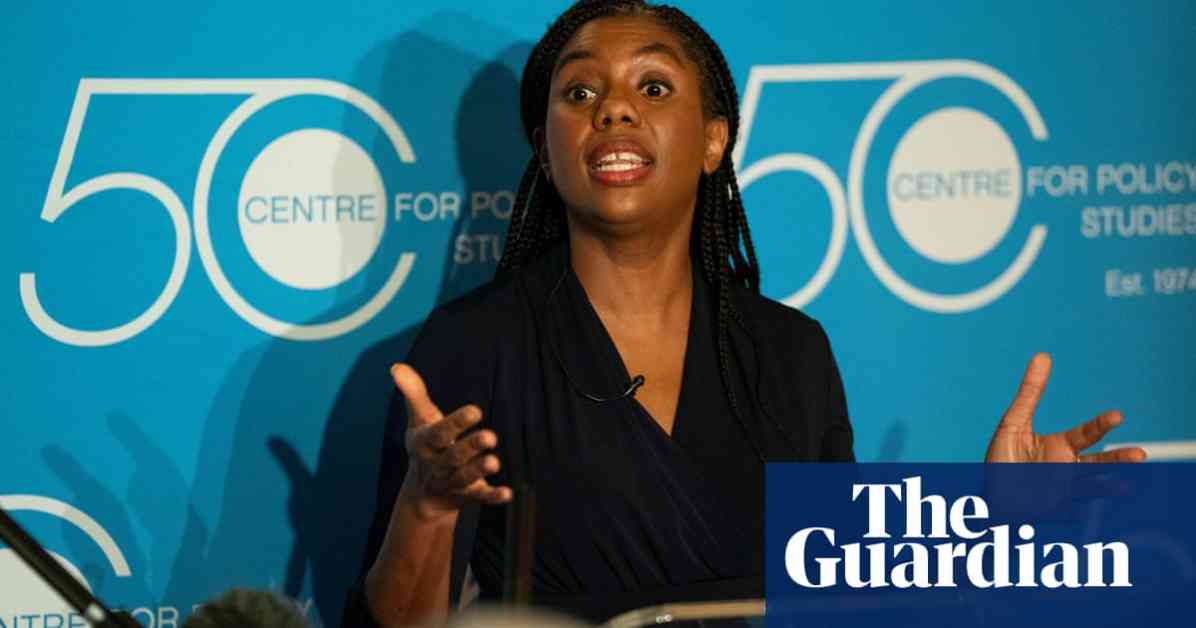Kemi Badenoch, the potential future leader of the Conservatives, is contemplating implementing a new visa cap if her party wins the election. She acknowledged that past Tory governments have not fulfilled their promises regarding immigration control. In her first policy statement, Badenoch hinted at the possibility of withdrawing from human rights laws to manage the influx of people into the UK. She emphasized the need to review existing immigration policies, treaties, and legal frameworks, including the ECHR and the Human Rights Act.
Although Badenoch did not provide specific details about the proposed visa cap, she mentioned considering a strict numerical limit on visas for individuals who can significantly contribute to the country. Previous Tory administrations, led by figures like David Cameron, Theresa May, and Rishi Sunak, have made unsuccessful attempts to restrict visas, resulting in a surge in migration levels. Last year, the number of work visas issued was more than double the figure from 2019, indicating a significant increase in immigration.
During a press conference alongside shadow home secretary Chris Philp, Badenoch highlighted the shortcomings of the current immigration system and expressed the need for a comprehensive plan to address the issue effectively. While she hinted at the revival of plans to deport individuals arriving by small boats, Badenoch did not confirm the continuation of the costly Rwanda deportation scheme.
In response to Badenoch’s statements, Home Office minister Angela Eagle criticized the Tories for their past failures in immigration policy. Eagle highlighted Labour’s efforts to address immigration challenges, including the creation of a Border Security Command to combat criminal networks involved in illegal crossings. She emphasized the need for practical solutions rather than repeating failed policies from the past.
Overall, Badenoch’s considerations for a visa cap and potential changes to immigration policies reflect the ongoing debate surrounding migration control in the UK. As the election approaches, the proposed measures will likely be scrutinized and debated by various stakeholders, highlighting the importance of effective and sustainable immigration policies for the country’s future.












